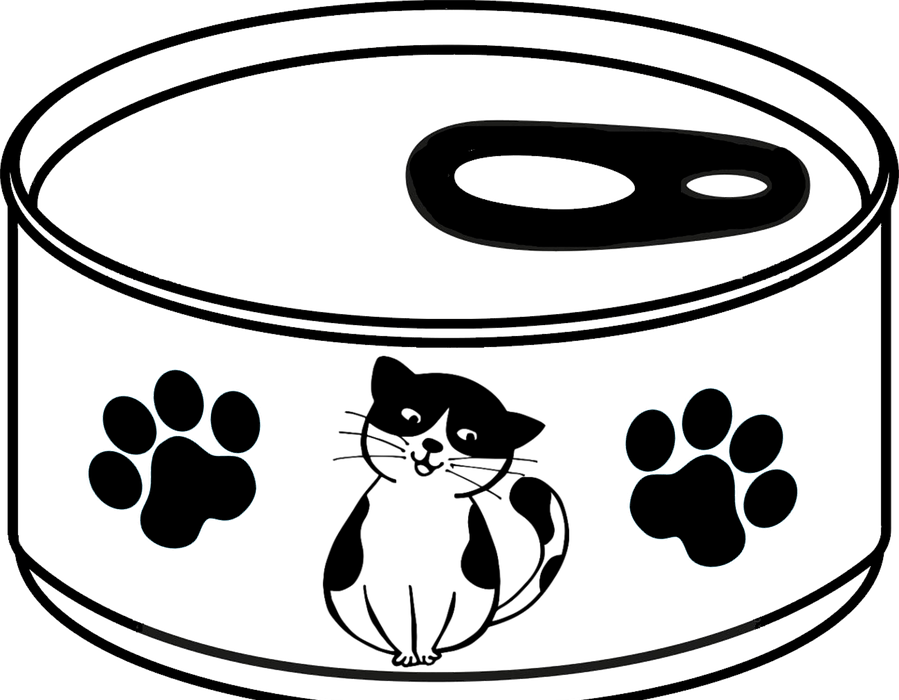Peaches, with their juicy flesh and sweet aroma, are a delightful treat for humans. But what about our feline companions? Can cats safely indulge in this summer fruit? This article delves into the safety of peaches for cats, examining potential risks and benefits, and providing comprehensive guidance for cat owners.
Part 1: The Allure of Peaches: A Human Perspective

1.1. Nutritional Value for Humans
Peaches are a good source of various vitamins and minerals essential for human health. These include:
- Vitamin A: Supports healthy vision, skin, and immune function.
- Vitamin C: An antioxidant that boosts the immune system and promotes collagen production for skin health.
- Potassium: Essential for maintaining blood pressure, muscle function, and nerve health.
- Fiber: Aids in digestion, promotes regularity, and can help manage blood sugar levels.
1.2. Health Benefits for Humans
The nutritional content of peaches contributes to several health benefits for humans, including:
- Improved Digestion: The high fiber content in peaches promotes healthy bowel movements and can alleviate constipation.
- Enhanced Immune Function: Vitamin C in peaches supports the immune system, helping to fight off infections.
- Reduced Risk of Certain Cancers: Some studies suggest that the antioxidants in peaches may contribute to a reduced risk of certain cancers.
Part 2: Exploring the Risks of Peaches for Cats

2.1. Sugar Overload: A Sweet Threat
Peaches contain a significant amount of fructose, a type of sugar that is not easily metabolized by cats. Excess sugar intake can lead to:
- Weight Gain: Cats are prone to obesity, and consuming sugary foods like peaches can contribute to excessive weight gain.
- Pancreatitis: This painful inflammation of the pancreas can be triggered by high-fat and high-sugar diets.
- Diabetes: While rare in cats, diabetes can be caused or exacerbated by a diet high in sugar.
2.2. The Deadly Peach Pit: A Hidden Hazard
The pits of peaches contain a compound called amygdalin, which breaks down into cyanide when ingested. Cyanide is highly toxic to cats and can cause:
- Rapid Breathing: Cyanide affects the respiratory system, causing difficulty breathing.
- Weakness: It can also lead to muscle weakness and lethargy.
- Seizures: In severe cases, cyanide poisoning can induce seizures.
- Death: If left untreated, cyanide poisoning can be fatal.
2.3. Digestive Distress: An Uncomfortable Outcome
The high fiber content of peaches can cause digestive upset in cats, leading to:
- Diarrhea: The high fiber content can irritate the digestive tract, resulting in loose stools.
- Vomiting: Cats may vomit to expel the indigestible fiber from their stomachs.
- Constipation: In some cases, the high fiber content can actually lead to constipation.
Part 3: The Peach Skin: A Potential Allergen
3.1. Skin Reactions: A Sign of Sensitivity
The skin of peaches can trigger allergic reactions in some cats, leading to:
- Itching: The cat may lick, scratch, or rub the affected area excessively.
- Swelling: The area may become swollen and inflamed.
- Rashes: Red, irritated bumps or patches may appear on the skin.
- Vomiting and Diarrhea: More severe allergic reactions can cause vomiting and diarrhea.
3.2. Pesticides and Chemicals: A Hidden Threat
Peach skin may contain pesticide residues or other chemicals used during cultivation. These substances can be harmful to cats if ingested.
Part 4: Dried Peaches: Concentrated Dangers
4.1. Sugar Bomb: An Increased Risk
Dried peaches are significantly higher in sugar than fresh peaches. This concentrated sugar content poses an even greater risk to cats, increasing the likelihood of weight gain, pancreatitis, and diabetes.
4.2. Choking Hazard: A Sticky Situation
Dried peaches can become hard and brittle, increasing the risk of choking in cats. Their small size and tendency to stick to the back of the throat make them particularly hazardous.
Part 5: Safe Alternatives: Providing Healthy Treats
5.1. Cat-Friendly Fruits: A Healthy Choice
Several fruits are safe and healthy for cats in moderation:
- Blueberries: These tiny berries are packed with antioxidants and are low in sugar.
- Strawberries: Another low-sugar option, strawberries are rich in vitamin C and fiber.
- Cranberries: Cranberries offer antioxidants and can help maintain urinary tract health.
- Watermelon: Watermelon (without seeds and rind) provides hydration and a small amount of vitamins.
5.2. Safe Treats for Cats: A Variety of Options
Cat-specific treats are available at pet stores, offering a variety of flavours and textures. These treats are formulated to meet the dietary needs of cats and are generally safe for consumption.
Part 6: When to Seek Veterinary Care
6.1. Symptoms of Peach Toxicity: A Warning Sign
If your cat shows any of the following symptoms after ingesting peaches, seek immediate veterinary attention:
- Vomiting: This is a common sign of digestive upset and can indicate a more serious issue.
- Diarrhea: Loose stools can be a symptom of digestive irritation or poisoning.
- Lethargy: A loss of energy and decreased activity can indicate illness.
- Difficulty Breathing: This could be a sign of cyanide poisoning or other respiratory issues.
- Seizures: Seizures are a serious symptom and require immediate medical attention.
6.2. Ingestion of Peach Pits: A Urgent Matter
If you suspect your cat has ingested a peach pit, contact your veterinarian immediately. Prompt action is crucial as cyanide poisoning can be fatal.
Part 7: A Final Word: Safety First
The answer to the question, "Can cats eat peaches?" is a resounding NO. Peaches, especially peach pits, can be dangerous for cats, potentially causing serious health problems or even death. While the nutritional content of peaches is beneficial for humans, it is not suited for cats' dietary needs.
Part 8: FAQs: Addressing Common Concerns
8.1. Can kittens eat peaches?
No, kittens are even more susceptible to the dangers of peaches than adult cats. Their digestive systems are more sensitive, and their smaller bodies are more easily affected by toxins.
8.2. Can cats eat peach juice?
Peach juice is just as harmful to cats as the fruit itself, due to its high sugar content.
8.3. What if my cat accidentally eats a peach?
Monitor your cat closely for any signs of illness, such as vomiting, diarrhea, or lethargy. If you notice any unusual symptoms, contact your veterinarian immediately.
8.4. Can cats eat peach leaves?
Peach leaves are toxic to cats and should never be consumed.
8.5. What about peach jam or preserves?
Peach jam and preserves are also high in sugar and potentially harmful to cats.
8.6. Is it okay to give my cat a small piece of peach?
Even a small piece of peach can be dangerous for your cat. It is best to avoid giving your cat any peach whatsoever.
8.7. Are peaches safe for all cats?
No, all cats should avoid eating peaches, but certain breeds, young cats, and cats with pre-existing medical conditions are particularly vulnerable to the risks associated with peach consumption.
8.8. Are there any benefits to feeding peaches to cats?
There are no known benefits to feeding peaches to cats. In fact, peaches pose a variety of health risks to cats.
Everyone is watching

Are Cat Ribs Flexible? Understanding Their Anatomy
CATS & KITTENSThis article delves into the fascinating world of feline anatomy, exploring the flexibility of cat ribs and ho...

Can Cats Eat Bananas? (Everything You Need to Know)
CATS & KITTENSThis article dives into the intriguing question of whether cats can safely enjoy the sweet, yellow fruit, bana...

Cat Lifespan: How Long Do Cats Live?
CATS & KITTENSThis comprehensive guide explores the factors influencing the lifespan of our feline companions, providing ins...

Can Cats Get COVID-19? What You Need to Know
CATS & KITTENSThis article will delve into the fascinating world of feline COVID-19 susceptibility. We'll explore whether ca...

Can Cats Eat Eggs? A Complete Guide to Egg Safety for Your Feline Friend
CATS & KITTENSWhen it comes to treating our furry companions, we all want to ensure we're doing what's best for them. Eggs...
